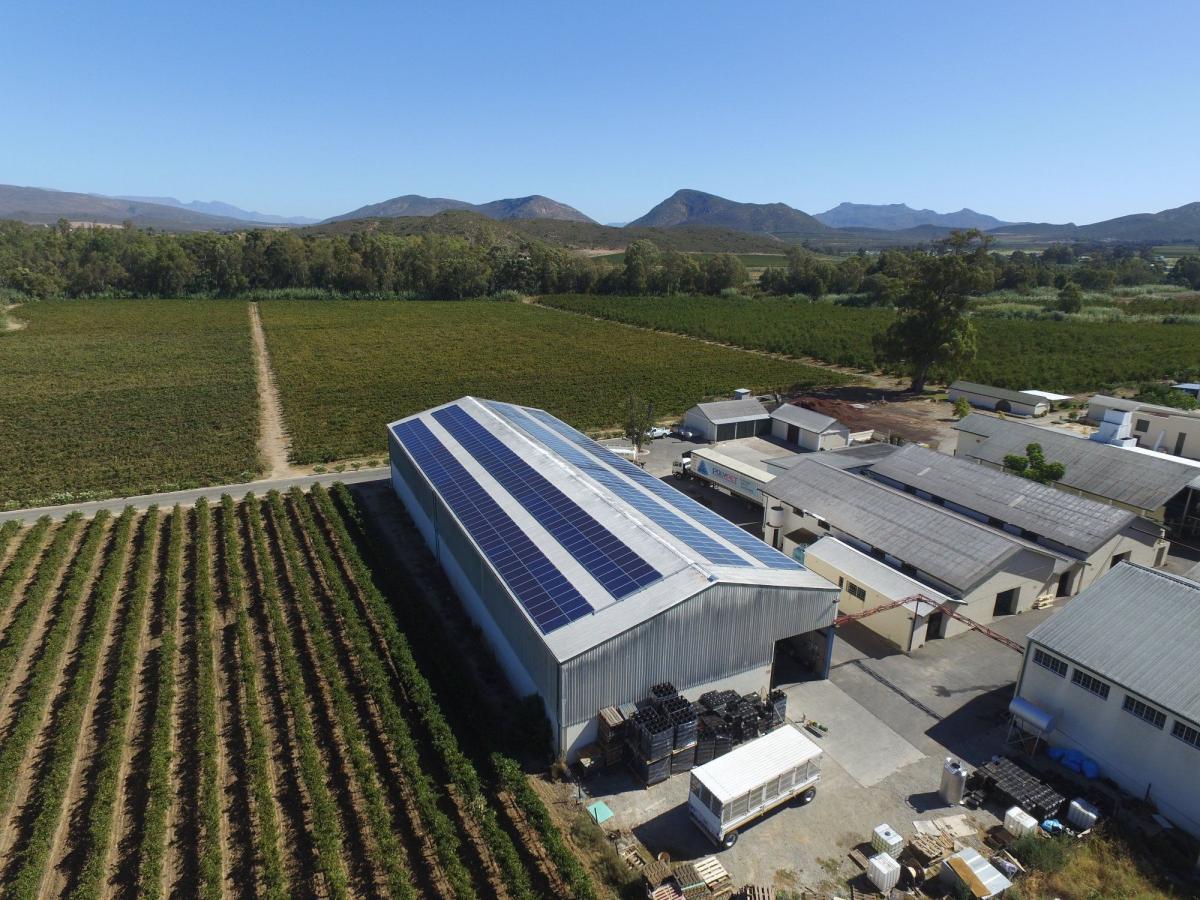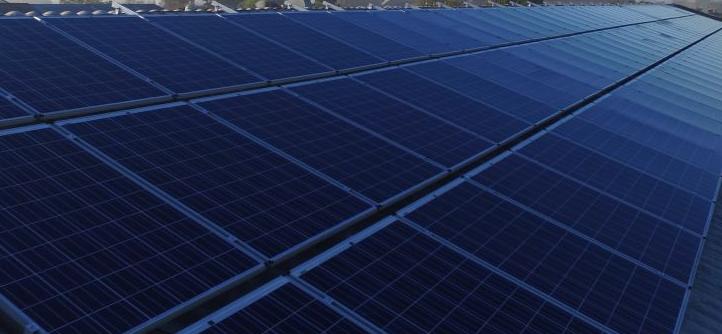Victorien Delangue, Elum Energy
Editor’s note: Elum Energy provides energy monitoring and control solutions for hybrid microgrids that include solar, energy storage, and other distributed generation resources. The company’s technologies enable remote monitoring and performance control suited for solar-based power generation facilities that incorporate diesel generators and/or energy storage. Given today’s increased demands for employees to perform their jobs remotely, these are needed capabilities in the market.
Below, Victorien Delangue, sales manager for Elum Energy’s Southern Africa division for PV, Diesel, & ESS Integration, outlines important considerations for project developers and EPCs to evaluate in the context of the COVID-19 pandemic.
The emergence of the global health crisis caused by the new coronavirus will profoundly impact how we manage businesses. This is particularly applicable to the power sector and solar microgrids, in that the need for reliable energy has increased significantly. People are confined and many are working remotely, making access to energy essential. In this context of social disruption, we’ll explain how agile microgrid management solutions can play a beneficial role in preserving your business.

As microgrids and solar integration are undoubtedly getting more and more popular and seen as the path forward, they still need to be able to adapt to a changing and unpredictable society.
On March 11, 2020, the World Health Organization announced that the coronavirus had become a pandemic, and one after the other, countries all over the world started to confine their populations and workforces. Offices closed. People were encouraged to work from home. Others could no longer work. In the power sector, new projects had to be put on hold; but power generation cannot stop. Companies, therefore, had to find a way to continue to operate their plants without putting their employees at risk.
Microgrids help industries, healthcare medical centers, institutions, populations, and other customers get access to reliable energy. It is an essential need. Like all other industries, the installation, commissioning, and maintenance of microgrids need to adapt to this pandemic.
Remote commissioning
Remote commissioning helps enable reliable energy during challenging times in several ways. New social distancing measures mean reducing the number of people interacting on-site. Therefore, being able to commission the energy management system without requiring an on-site expert from the technology provider on-site is a real plus.
A guided local configuration interface and remote support from experts enable the site operator to successfully commission a project quickly and with a reduced workforce. Remote commissioning allows project developers and EPCs to rely on local expertise while being assisted by experts from around the world.
Remote commissioning also makes it possible to easily equip sites in remote areas such as islands, rural areas, refugee camps, and countries in lockdown. With the use of remote commissioning, projects that would otherwise be complicated with traditional commissioning can be streamlined and completed with significant time savings.
Autonomous control

Sites must be prepared and resilient to a variety of outside factors. An autonomous controller will allow the plant to still operate even if internet connection is lost or to adapt to changing operating mode automatically by switching from grid-connected mode to off-grid mode, for instance.
Monitoring platform
One always needs good data to make decisions and to monitor a site remotely. Reliable monitoring and data logging solutions are key to the efficient remote management of solar microgrids. Insights from this data also allow the remote identification and diagnosis of maintenance issues. Moreover, alarms can be set to identify equipment abnormalities so there is no need for regular check-ups, further reducing the risk of exposure during the global health crisis.
The challenges created by the coronavirus pandemic make it more critical than ever to ensure that businesses have abundant, continuous power. Project developers can prepare business for circumstances such as today’s by equipping sites with smart energy management systems.
Learn more
Cyril Colin, co-founder and CEO of Elum Energy, will explore ways to modify microgrid construction and operations in light of the current pandemic in an online session—Microgrids in an Era of Social Disruption: Remote commissioning, monitoring, and control tools to adapt to the crisis—at the 8th annual HOMER International Microgrid Conference.
Attendance is free and sessions are 100% online from October 12-16. For more information or to register, visit the HOMER International Microgrid Conference website.
